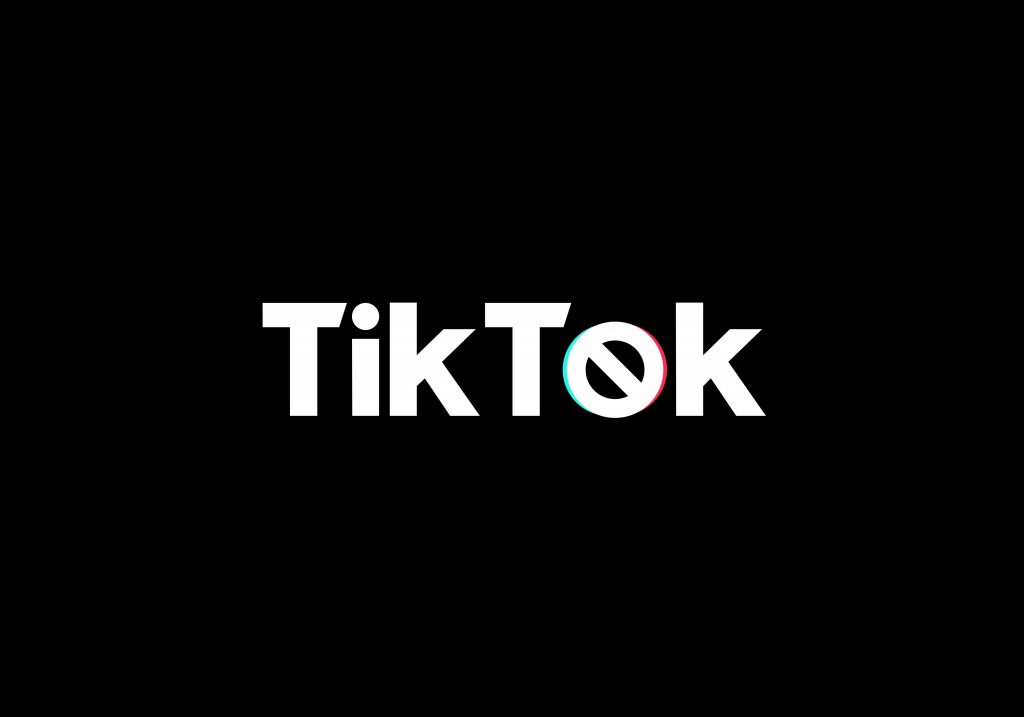In recent years, TikTok has taken the world by storm, captivating millions with its addictive short-form videos. The platform, owned by the Chinese company ByteDance, boasts over a billion users globally. Despite its popularity, TikTok has faced intense scrutiny and regulatory challenges, especially in the United States, where there have been calls for a complete ban. This raises a pertinent question: should Europe follow suit and ban TikTok as well?
Is it time to pull the plug on TikTok?

One of the primary arguments for banning TikTok revolves around data privacy. Critics argue that TikTok collects extensive user data, including location information, device data, and browsing history. Given ByteDance’s ties to China, there are fears that this data could be accessed by the Chinese government, posing a significant threat to user privacy and national security. European data protection laws, such as the General Data Protection Regulation (GDPR), aim to protect citizens’ data. However, there are concerns that TikTok’s data practices may not fully comply with these stringent regulations.
Another issue is TikTok’s approach to content moderation. The platform has been criticized for allowing the spread of misinformation, hate speech, and harmful content. While TikTok has made efforts to improve its moderation policies, the sheer volume of content makes it challenging to effectively police the platform. This can have serious implications, particularly for younger users who are more susceptible to misinformation and harmful content.
TikTok’s algorithm is designed to keep users engaged, often leading to prolonged usage. This has raised concerns about its impact on mental health, especially among teenagers. Studies have shown that excessive social media use can contribute to anxiety, depression, and other mental health issues. The addictive nature of TikTok, combined with the pressure to create and consume content, can exacerbate these problems.
Why TikTok deserves to stay?
TikTok has democratized content creation, allowing users from all walks of life to showcase their talents and creativity. It has become a platform for cultural exchange, enabling users to share and discover diverse perspectives and traditions. Banning TikTok in Europe would stifle this vibrant ecosystem of creativity and expression.

TikTok has also become a significant player in the digital economy. Many creators rely on the platform for their livelihood, earning money through brand partnerships, sponsorships, and the TikTok Creator Fund. A ban would disrupt these economic opportunities, affecting not just individual creators but also businesses that leverage TikTok for marketing and engagement.
Implementing a ban on TikTok would pose significant regulatory and diplomatic challenges. The European Union would need to navigate complex legal and trade implications, considering ByteDance’s potential legal challenges and the broader impact on EU-China relations. Moreover, enforcing a ban across multiple countries with different legal frameworks would be a logistical nightmare.
Finding a Middle Ground
While the arguments for and against a TikTok ban in Europe are compelling, an outright ban may not be the most pragmatic solution. Instead, there are alternative measures that could address the concerns while preserving the benefits of the platform.
Strengthening Data Protection Regulations
Europe could take a more proactive approach in ensuring that TikTok complies with GDPR and other data protection laws. This could involve more rigorous audits, stricter enforcement of regulations, and greater transparency from TikTok regarding its data practices. By holding TikTok accountable to high data protection standards, Europe can mitigate privacy concerns without resorting to a ban.
Enhancing Content Moderation
TikTok could be required to invest more in content moderation efforts within Europe. This could involve employing more moderators who understand local contexts and languages, using advanced AI to detect harmful content more effectively, and working closely with European authorities to address misinformation and harmful content.
Promoting Digital Literacy
Educating users, especially younger ones, about the risks associated with social media and promoting digital literacy can empower them to use platforms like TikTok responsibly. Schools and communities can play a crucial role in teaching children and teenagers how to critically evaluate content and manage their online presence.
The question of whether TikTok should be banned in Europe is complex, involving a delicate balance between protecting privacy, safeguarding mental health, and preserving cultural and economic opportunities. Rather than opting for an outright ban, Europe could adopt a nuanced approach that addresses the concerns through stricter regulations and enhanced education. By doing so, Europe can ensure that TikTok remains a safe and vibrant platform for creativity and expression, while protecting the interests of its citizens.














